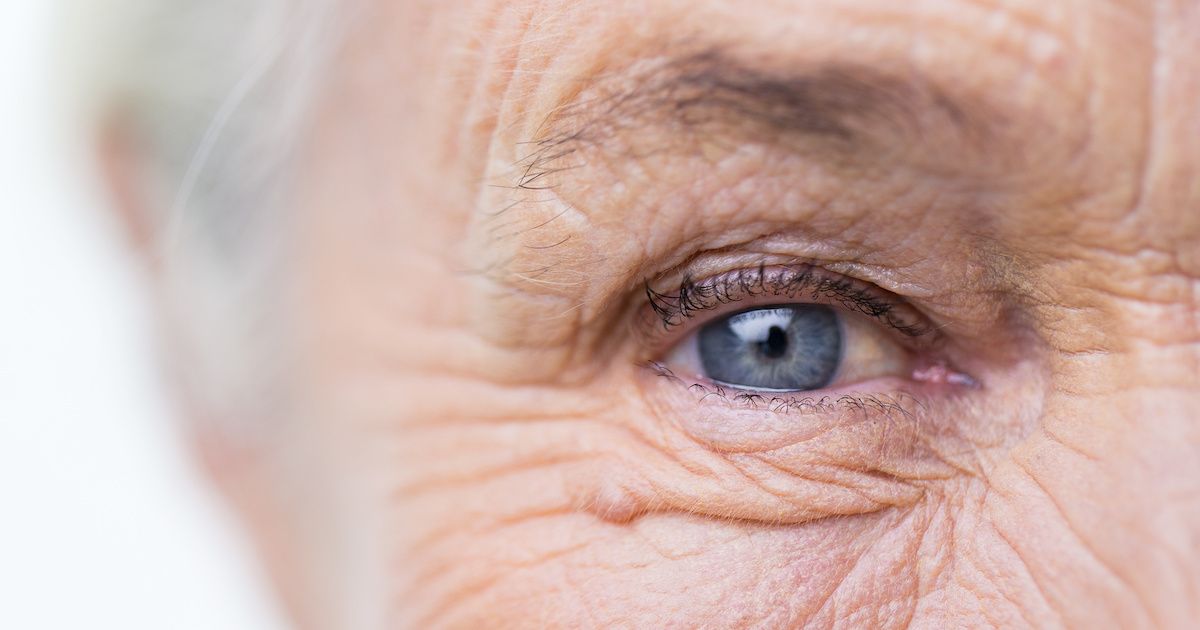- Bone Health
- Immunology
- Hematology
- Respiratory
- Dermatology
- Diabetes
- Gastroenterology
- Neurology
- Oncology
- Ophthalmology
- Rare Disease
- Rheumatology
The Top 5 Most-Read Ophthalmology Stories of 2023
The top 5 most-read ophthalmology stories of 2023 concerned clinical results, approvals, and launches for ranibizumab and aflibercept biosimilars.

The top 5 most-read ophthalmology stories of 2023 concerned clinical results, approvals, and launches for ranibizumab and aflibercept biosimilars.
Here are the most-read ophthalmology stories of 2023.
5. Study: Ranibizumab Biosimilar Found Safe, Effective in Infants With Retinopathy
A retrospective study in India found that Razumab, a ranibizumab biosimilar by Intas Pharmaceuticals, was safe and effective in treating retinopathy of prematurity (ROP) in infants. The study analyzed data from 118 eyes of 59 babies with severe ROP. Razumab demonstrated positive outcomes, with 19% of eyes showing complete resolution of ROP at an average of 55 days post-injection. Recurrence in neovascularization occurred in 35% of eyes, requiring repeat injections. No notable adverse events were reported. The biosimilar offers a cost-effective alternative in low- and middle-income countries where the originator drug, Lucentis, may be financially prohibitive.
4. Phase 3 Study Finds Ranibizumab Biosimilar Ximluci Equivalent to Lucentis in nAMD
The ranibizumab biosimilar XSB-001 (Ximluci; STADA Arzneimittel AG) exhibited biosimilarity to the originator (Lucentis) in a phase 3 trial for neovascular age-related macular degeneration (nAMD). The study met its primary endpoint, demonstrating no clinically meaningful differences in safety or immunogenicity between the biosimilar and reference product. The 52-week trial included 582 patients across 15 countries. While small differences in mean best-corrected visual acuity favored the reference product, they did not increase over time. The biosimilar demonstrated a safety profile similar to the reference product, supporting its biosimilarity in treating nAMD.
3. Samsung Bioepis Shares 1-Year Phase 3 Results for Eylea Biosimilar
Samsung Bioepis reported positive 1-year results from a phase 3 trial, confirming biosimilarity between its aflibercept biosimilar (SB15) and the originator (Eylea). The study involved 449 patients with nAMD. At week 32, patients receiving the originator were randomized to continue or switch to the biosimilar. Results showed comparable improvements in visual acuity and maintained central subfield thickness, with a similar safety profile. Samsung Bioepis emphasized the biosimilar's high similarity to the reference product in structural, physiochemical, and biological properties, expressing commitment to advancing biosimilars in ophthalmology.
2. European Commission Approves First Aflibercept Biosimilar
Biocon Biologics' aflibercept biosimilar, Yesafili, became the first of its kind approved in the EU for ophthalmic conditions, including nAMD. Referencing Eylea, Yesafili is the twelfth anti-vascular endothelial growth factor product approved in the region. Yesafili's approval extends to EU member states and the European Economic Area. The originator earned $1.8 billion in 2022. There are currently no aflibercept biosimilars approved in the United States and United Kingdom.
1. Ximluci, a Lucentis Biosimilar, Launches in Europe
STADA and Xbrane launched Ximluci, a ranibizumab biosimilar, in Europe, addressing ophthalmic conditions. The drug was the third ranibizumab biosimilar approved in the EU and the first from the partnership. Ximluci enhances patient access and competition, contributing to health care sustainability. Developed collaboratively, STADA holds marketing authorization for Europe and certain markets. The EU approval was based on data showing similar safety and efficacy profiles to the reference product, affirming Ximluci's role in advancing patient care.Bottom of Form
Newsletter
Where clinical, regulatory, and economic perspectives converge—sign up for Center for Biosimilars® emails to get expert insights on emerging treatment paradigms, biosimilar policy, and real-world outcomes that shape patient care.
